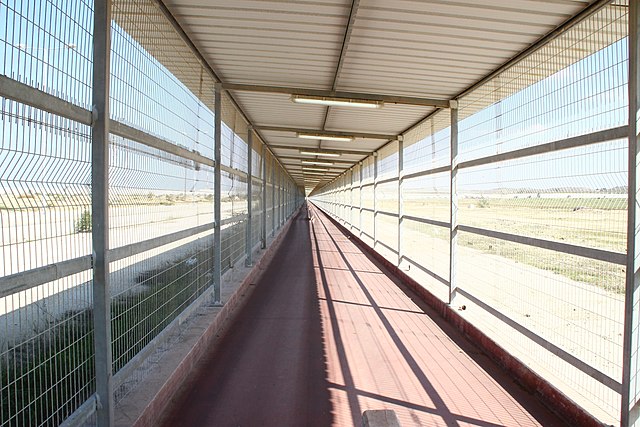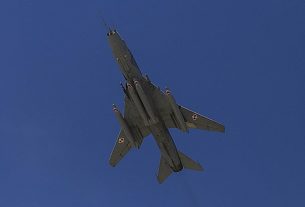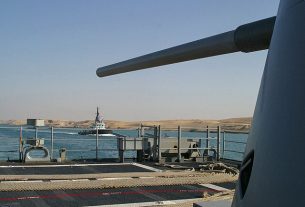The situation in Gaza is complex and multifaceted, marked by a long history of conflict and geopolitical tensions. Gaza, a small strip of land on the eastern coast of the Mediterranean Sea, has been at the center of the Israeli-Palestinian conflict for decades. The current situation in Gaza is characterized by a combination of political, economic, and humanitarian challenges that have far-reaching implications for the people living in the region.
One of the key factors contributing to the current situation is the ongoing Israeli-Palestinian conflict, which dates back to the mid-20th century. The root causes of the conflict are deeply rooted in competing nationalisms, historical grievances, and conflicting territorial claims. Over the years, the conflict has led to multiple wars and numerous cycles of violence, with Gaza often bearing the brunt of the hostilities.
The political landscape in Gaza is divided between the Palestinian Authority, which controls the West Bank, and Hamas, an Islamist political and militant group that governs Gaza. The political division has resulted in a lack of unified leadership and a fragmented approach to negotiations with Israel. The ongoing power struggle between these two factions further complicates efforts to find a lasting and comprehensive solution to the conflict.
Economically, Gaza faces severe challenges, including high levels of unemployment and poverty. The blockade imposed by Israel, in coordination with Egypt, has restricted the movement of goods and people in and out of Gaza, contributing to a stagnant economy. The blockade has had a particularly detrimental impact on the livelihoods of the people in Gaza, limiting access to essential goods and services.
The humanitarian situation in Gaza is dire, with a significant portion of the population relying on international aid for basic necessities. The region has experienced multiple conflicts and military operations, resulting in the displacement of many Palestinians and widespread destruction of infrastructure. Access to healthcare, education, and other essential services is limited, exacerbating the suffering of the civilian population.
International efforts to address the situation in Gaza have been ongoing, with various peace initiatives and negotiations taking place over the years. However, finding a lasting resolution to the Israeli-Palestinian conflict remains a daunting challenge. The involvement of regional and international actors, including the United Nations, the United States, and the European Union, underscores the global significance of the issue and the need for a comprehensive and inclusive approach.
The current situation in Gaza is a complex and multifaceted issue that requires a comprehensive and collaborative approach to address the root causes of the conflict, alleviate the humanitarian crisis, and work towards a lasting and just resolution. The international community plays a crucial role in facilitating dialogue and negotiations between the involved parties, with the ultimate goal of achieving a peaceful and stable future for the people of Gaza.





